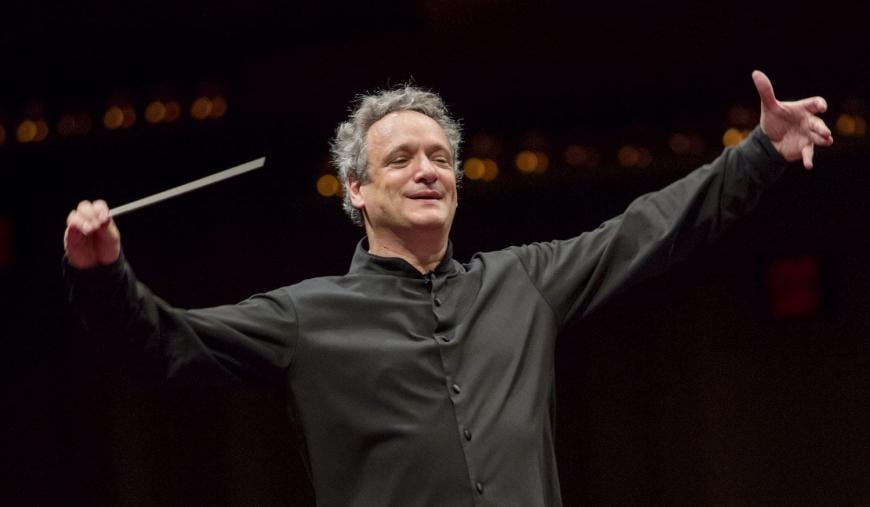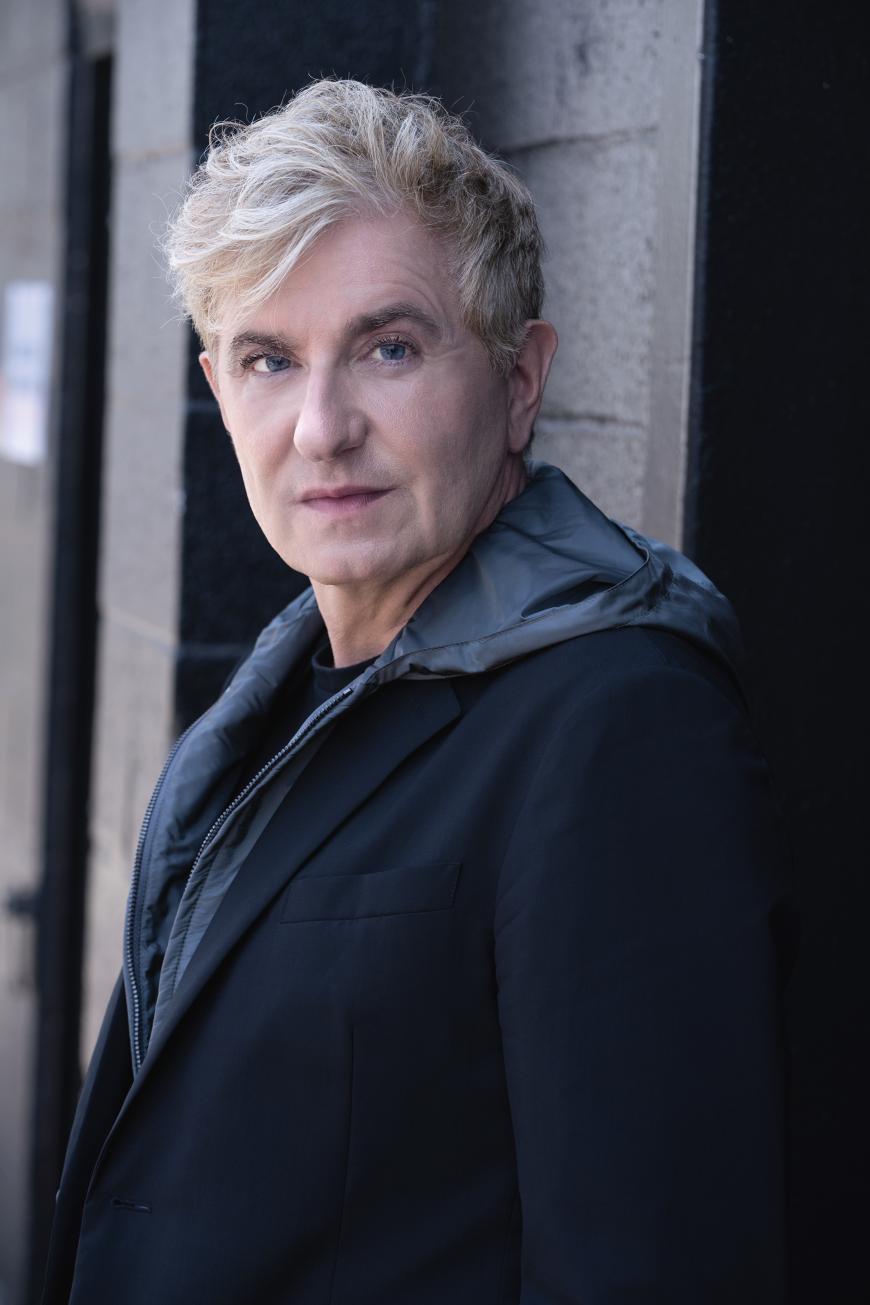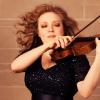
Alas, what would have been the highly touted conductor Jonathon Heyward’s debut at the Hollywood Bowl last Tuesday night (Aug. 15) didn’t happen. Only the day before, the Los Angeles Philharmonic announced that, due to an unspecified injury, Heyward had to cancel his appearance.
Fortunately, the LA Phil still has plenty of flexibility in its decision-making. At the 11th hour, the Phil got a formidable figure, Louis Langrée, to fill the conducting date, and he seemed to slip into that role seamlessly. It happens that Langrée is Heyward’s immediate predecessor at Lincoln Center’s Mostly Mozart Festival. Langreé just stepped down this summer after 20 years as music director, and Heyward takes over — albeit without the Mostly Mozart designation — next summer.
Langrée, 62, is about to leave another post as well, the music directorship of the venerable Cincinnati Symphony Orchestra at the close of the 2023–2024 season. Although Langrée spent 10 seasons in Cincinnati and refreshed its repertoire with plenty of premieres and special projects, the orchestra’s profile on the national scene is not as high as it was under his predecessors Jesús López-Cobos, Paavo Järvi, and Pops conductor Erich Kunzel. One reason is that the Telarc label that once recorded the orchestra prolifically and spread the word is now on life support deep within Concord’s Craft Recordings division. Langrée and Cincinnati did make three recordings on the orchestra’s in-house label, but aside from a couple of Grammy nominations, they haven’t made nearly as much impact as the Telarc output.

Being French, it must have been a natural thing for Langrée to inherit Heyward’s all-French program, although it was a shame that the announced leadoff piece, Lili Boulanger’s delightful, rarely played D’un matin de printemps, had to be scrapped, all four and a half minutes of it. What remained was Maurice Ravel’s Piano Concerto in G Major and Hector Berlioz’s Symphonie fantastique, pieces that surely have long been in Langrée’s wheelhouse. Pianist Jean-Yves Thibaudet, needless to say, is no stranger to the Ravel concerto either.
So Langrée got the Ravel going with exactly the right tempo and feel — light in weight, sharp in accents, and a roaring race to the close of the first movement. Thibaudet expertly ruminated through the first movement’s introspective passages, playing the second movement with a simplicity that also managed to be poetic. Both conductor and pianist scampered through the irreverent finale, accented by highly impudent comments from the winds and trombones. It was fast and fun.
In Symphonie fantastique, Langrée was able to get a lot out of the LA Phil on such short notice. The playing was immediately full of expression, with big rolling swells in the opening bars of “Rêveries – Passions” and unusual phrasings in the strings in “A Ball.” The overlong “Scene in the Country” has always struck me as the weakest part of the piece, but Langrée — conducting this movement sans baton — enlivened it by coaxing some exceptionally vigorous playing in the movement’s center. “The March to the Scaffold” was a deliberately paced trudge to the gallows, very effective on its own terms. Langrée got a good rhythm going in “Dream of a Witches’ Sabbath” with his sharp, crisp beat, and the whomping bass drum rolls near the end nearly shook the foundations of the old concrete amphitheater.
All was well in the end. Even the rogue helicopter that hovered over the Bowl in a stationary position through most of the Ravel’s first movement didn’t spoil things, for the softest details of the solo harp could still be made out over the droning noise.




